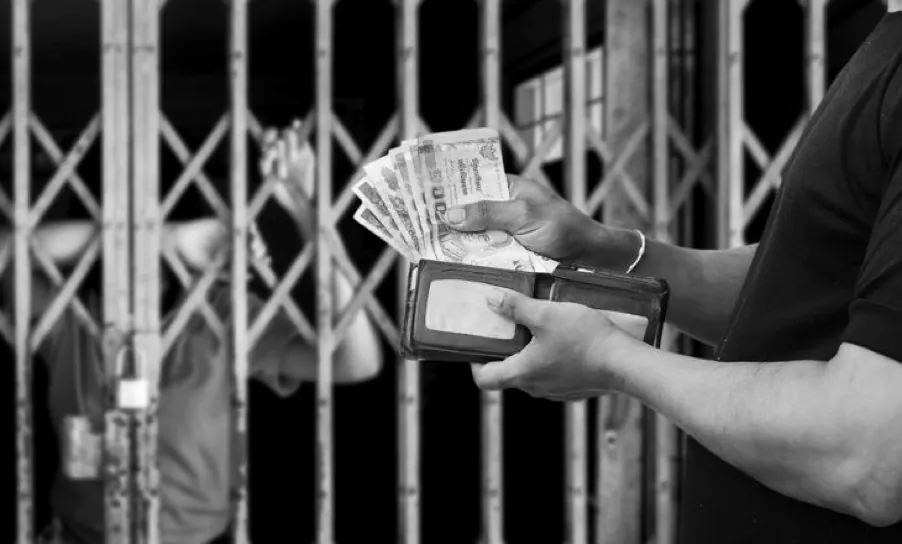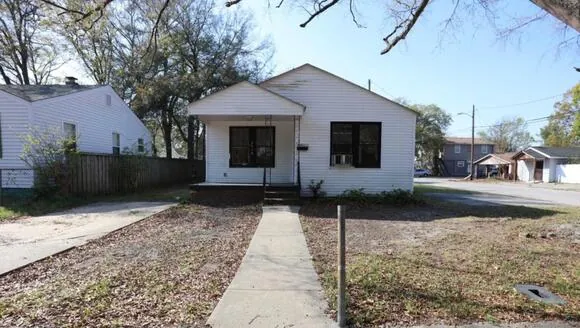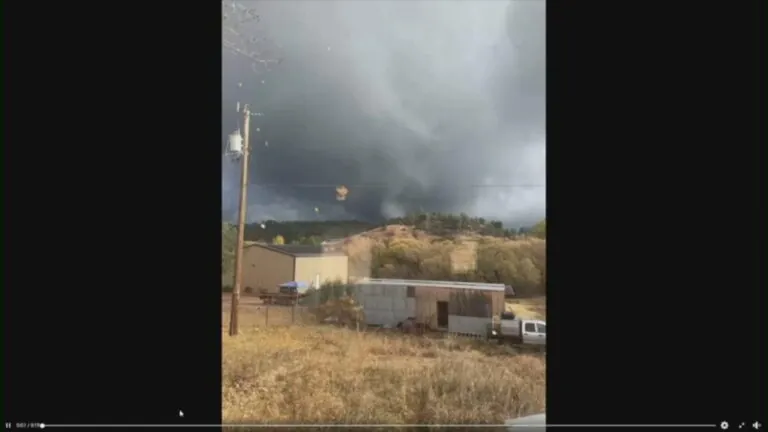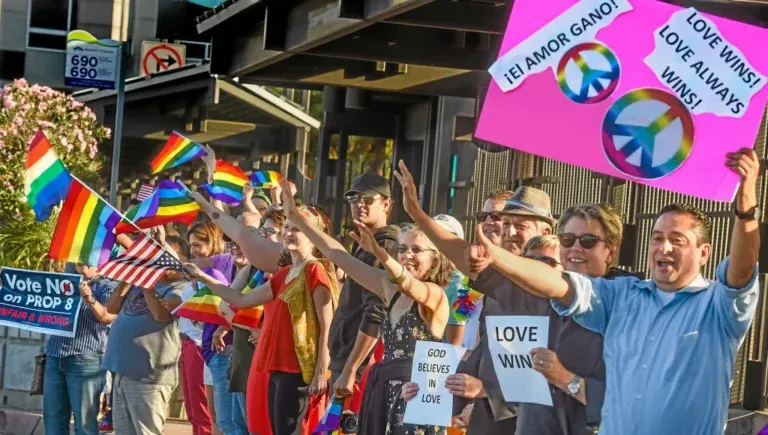This City In New Hampshire Has The Highest Human Trafficking Rate In The State!
According to the Human Trafficking Hotline, Manchester, New Hampshire, had the highest number of human trafficking cases reported in 2021, with a total of 24 cases. This represents 35% of all reported cases in the state. The majority of these cases were sex trafficking cases, with 18 cases reported. Labor trafficking cases accounted for the remaining 6 cases.
It is important to note that these numbers likely represent an undercount of the actual number of human trafficking cases in New Hampshire. Many cases of human trafficking go unreported due to fear, shame, or lack of awareness of the issue. Additionally, the Human Trafficking Hotline data does not include cases that are reported directly to law enforcement agencies.
This article delves into the complexities of human trafficking in New Hampshire, with a particular focus on Manchester’s troubling statistics.
Note:
Please note that the data on the Human Trafficking Hotline website does not include cases that are reported directly to law enforcement agencies. As a result, the actual number of human trafficking cases in Manchester may be higher than 24.
The Human Trafficking Landscape in New Hampshire
Human trafficking manifests in various forms within New Hampshire, including sex trafficking, labor trafficking, and forced criminal activity. Sex trafficking involves the commercial exploitation of individuals, primarily women and girls, through forced prostitution or other sexual acts. Labor trafficking, on the other hand, exploits individuals for unpaid or underpaid labor, often in conditions that constitute forced labor.
According to the National Human Trafficking Hotline, New Hampshire has witnessed a significant increase in reported human trafficking cases over the past decade. In 2021 alone, 68 cases were reported, a substantial rise from the 21 cases reported in 2010. This upward trend highlights the growing prevalence of human trafficking in the state.
Manchester: A Focal Point of Human Trafficking
Manchester, New Hampshire’s largest city, has emerged as a focal point of human trafficking activity within the state. The city’s mix of factors, including its proximity to major transportation routes, a transient population, and a thriving nightlife scene, creates a fertile ground for traffickers to operate.
Data from the National Human Trafficking Hotline reveals that Manchester consistently reports the highest number of trafficking cases in New Hampshire. In 2021, the city accounted for nearly 35% of all reported cases in the state. This disproportionately high rate underscores the urgency of addressing human trafficking in Manchester.
| City | Cases Reported |
|---|---|
| Manchester | 24 |
| Nashua | 10 |
| Concord | 6 |
| Portsmouth | 5 |
| Dover | 4 |
| Laconia | 3 |
| Salem | 2 |
| Rochester | 2 |
| Keene | 1 |
| Lebanon | 1 |
Factors Contributing to Manchester’s High Human Trafficking Rates
Several factors contribute to Manchester’s high human trafficking rates. The city’s proximity to major highways, such as Interstate 93 and Interstate 95, provides traffickers with easy access to transport victims across the region. Additionally, Manchester’s transient population, including individuals seeking employment or shelter, makes it easier for traffickers to recruit and exploit vulnerable individuals.
Moreover, Manchester’s vibrant nightlife scene, with its numerous bars, restaurants, and hotels, creates opportunities for traffickers to coerce or deceive victims into sex trafficking activities. The city’s demand for low-wage labor, particularly in the hospitality and service industries, also contributes to labor trafficking.
Addressing Human Trafficking in Manchester
Combating human trafficking in Manchester requires a multi-pronged approach that involves collaboration between law enforcement agencies, social service providers, and community organizations. Law enforcement must continue to prioritize investigations and prosecutions of human trafficking cases, while social service providers must offer comprehensive support and assistance to victims.
Community awareness and education are crucial to prevent human trafficking. Public outreach campaigns can educate the public about the signs of human trafficking, empowering individuals to report suspicious activity to law enforcement. Additionally, training for professionals in industries susceptible to human trafficking, such as hospitality and healthcare, can enhance their ability to identify and respond to potential cases.
Conclusion
Human trafficking is a complex and multifaceted issue that demands sustained attention and collective action. Manchester’s high human trafficking rates serve as a stark reminder of the need to address this pervasive crime. By strengthening law enforcement efforts, expanding victim services, and enhancing community awareness, New Hampshire can effectively combat human trafficking and protect its vulnerable populations.
Read More:
FAQ’s
What is the prevalence of human trafficking in New Hampshire?
According to the National Human Trafficking Hotline, New Hampshire has witnessed a significant increase in reported human trafficking cases over the past decade. In 2021 alone, 68 cases were reported, a substantial rise from the 21 cases reported in 2010.
What is the situation in Manchester, New Hampshire?
Manchester, New Hampshire’s largest city, has emerged as a focal point of human trafficking activity within the state. Data from the National Human Trafficking Hotline reveals that Manchester consistently reports the highest number of trafficking cases in New Hampshire. In 2021, the city accounted for nearly 35% of all reported cases in the state.
What factors contribute to Manchester’s high human trafficking rates?
Several factors contribute to Manchester’s high human trafficking rates, including its proximity to major transportation routes, a transient population, and a thriving nightlife scene.
What can be done to address human trafficking in New Hampshire?
Combating human trafficking in New Hampshire requires a multi-pronged approach that involves collaboration between law enforcement agencies, social service providers, and community organizations. Law enforcement must continue to prioritize investigations and prosecutions of human trafficking cases, while social service providers must offer comprehensive support and assistance to victims. Community awareness and education are also crucial to prevent human trafficking.






